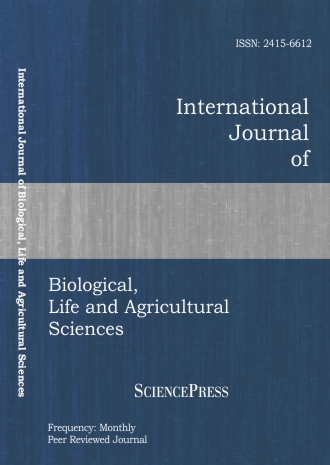
Scholarly
Volume:12, Issue: 12, 2018 Page No: 462 - 467
International Journal of Biological, Life and Agricultural Sciences
ISSN: 2415-6612
80 Downloads
Dynamic Web-Based 2D Medical Image Visualization and Processing Software
In the course of recent decades, medical imaging hasbeen dominated by the use of costly film media for review and
archival of medical investigation, however due to developments in
networks technologies and common acceptance of a standard digital
imaging and communication in medicine (DICOM) another approach
in light of World Wide Web was produced. Web technologies
successfully used in telemedicine applications, the combination of
web technologies together with DICOM used to design a web-based
and open source DICOM viewer. The Web server allowance to
inquiry and recovery of images and the images viewed/manipulated
inside a Web browser without need for any preinstalling software.
The dynamic site page for medical images visualization and
processing created by using JavaScript and HTML5 advancements.
The XAMPP ‘apache server’ is used to create a local web server for
testing and deployment of the dynamic site. The web-based viewer
connected to multiples devices through local area network (LAN) to
distribute the images inside healthcare facilities. The system offers a
few focal points over ordinary picture archiving and communication
systems (PACS): easy to introduce, maintain and independently
platforms that allow images to display and manipulated efficiently,
the system also user-friendly and easy to integrate with an existing
system that have already been making use of web technologies. The
wavelet-based image compression technique on which 2-D discrete
wavelet transform used to decompose the image then wavelet
coefficients are transmitted by entropy encoding after threshold to
decrease transmission time, stockpiling cost and capacity. The
performance of compression was estimated by using images quality
metrics such as mean square error ‘MSE’, peak signal to noise ratio
‘PSNR’ and compression ratio ‘CR’ that achieved (83.86%) when
‘coif3’ wavelet filter is used.
Keywords:
References:
[1] R. S. Weinstein, A. M. Lopez, B. A. Joseph, K. A. Erps, M. Holcomb,